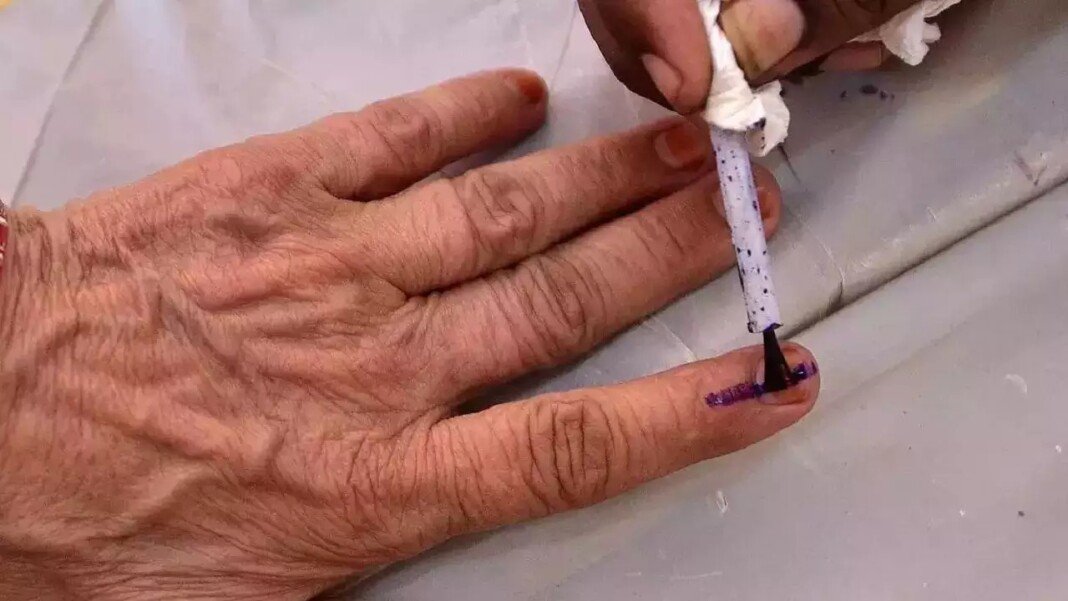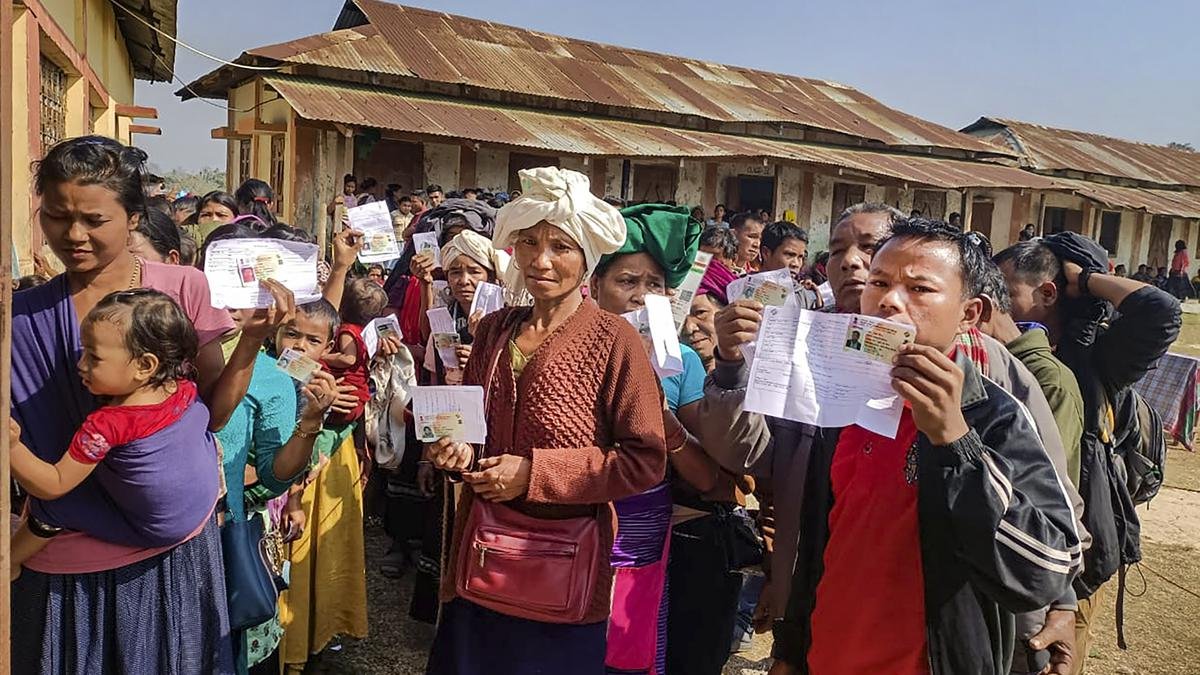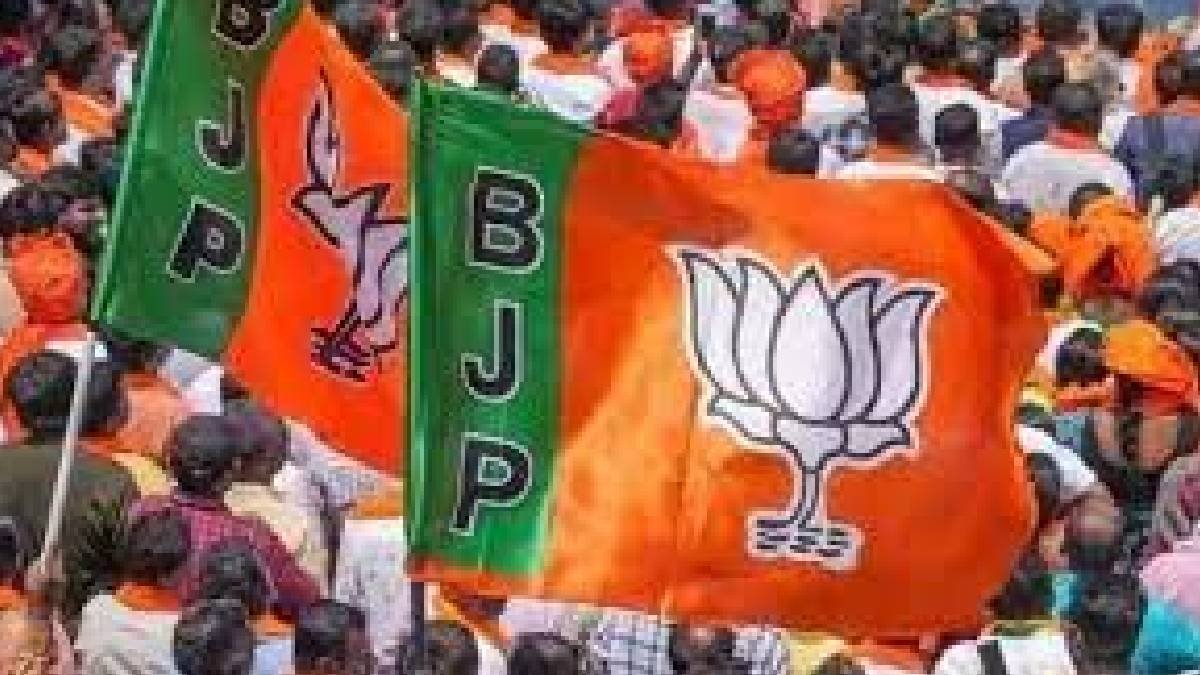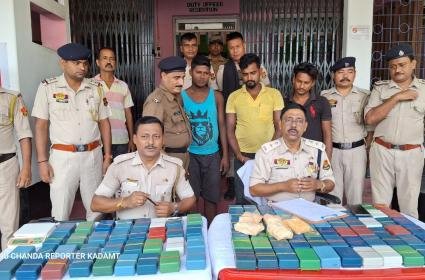DAMCHERRA (TRIPURA), Oct 30: Hundreds of Bru families from Mizoram, who had migrated and settled in neighbouring Tripura following ethnic clashes, do not care about the assembly elections in their home state.
The 40-member Mizoram assembly goes to the polls on November 7.
The names of more than 6,000 Bru voters from nine assembly constituencies in three districts – Mamit, Kolasib and Lunglei – have been deleted from the Mizoram voters’ list following their resettlement in Tripura.
“We have no interest in Mizoram elections even if some of us had voted there in the last polls. Now, we are permanent residents of Tripura following the 2020 historic accord. It hardly matters to us who comes to power in that state,” Charles, secretary of Kaskoupata Bru resettlement village in North Tripura district, told PTI.
During the 2018 Mizoram assembly elections, a large number of Bru voters who were then staying in relief camps in Tripura came to their home state and voted at 15 special polling booths created for them in Kanhmun village along the inter-state border after public outrage over their place of voting.
Charles said Brus had tried to live in Mizoram peacefully, but could not because of skirmishes with the majority Mizo community.
“We are happy that the refugee status no longer haunts us. Now, the Brus are permanent residents of Tripura. We are not concerned about Mizoram at all, but are focused on the future of thousands of Bru brothers and sisters,” he said.
Bru migrant voters had been able to exercise their franchise for the first time in many years during the Tripura assembly elections in February. Special efforts were made to enroll voters from the community.
Nishikanta Reang, one of the members of the Bru tribal community also known as Reangs, is also not concerned about Mizoram elections.
“I have no time to think about elections in Mizoram. Let them rule Mizoram as per their wish because we could not become part of the state even after being born there,” the father of five lamented.
“Sometimes, we remember our land where we were born and raised. But the past is past. We are now focused on the present and future,” Charles said.
Most Brus residing in Tripura today have suffered over two decades of internal displacement from Mizoram. It all started in 1995 when certain Mizo organizations demanded that Brus be eliminated from Mizoram’s electoral rolls as they were not indigenous inhabitants.
Tensions escalated after the Brus retaliated against the attempts to disenfranchise them, and organized themselves into an armed group, the Bru National Liberation Front, and a political entity, the Bru National Union.
They also demanded the creation of a separate Bru Autonomous District Council (ADC) in western Mizoram as per the provisions of the Sixth Schedule of the Constitution.
Nishikanta is still worried over the fate of 35,000-odd Bru people who have resettled at the new locations.
“The Bru accord is a mixed bag for us. We are now permanent residents of Tripura and the Centre has been giving some benefits to restart our lives. However, some aspects still need to be sorted out for permanent solution of Bru rehabilitation,” Reang said.
“The Centre will give Rs 5,000 per month to each Bru family for two years. But what will happen after that? I am really worried about the future. The state government must provide land for cultivation and animal rearing in the resettled villagers,” he said.
According to the agreement, each family is eligible to get a monthly stipend of Rs 5,000 for two years and certain other facilities including a plot of land, Rs 1.5 lakh for constructing a house on it and a one-time allowance of Rs 4 lakh.
The pact was signed by representatives of the Brus, the Centre, Tripura and Mizoram governments in New Delhi in January 2020.
Under the pact, more than 30,000 displaced Bru tribals from Mizoram, who have been living as refugees in Tripura since 1997, will permanently settle in the northeastern state.
Nishikanta appealed to the Tripura government to provide land for animal rearing immediately.
“If we buy a piglet at Rs 5,000, it will give returns of Rs 30,000 within a year. It will meet the educational expenditure of a student in a private English medium school”, he said. (PTI)












